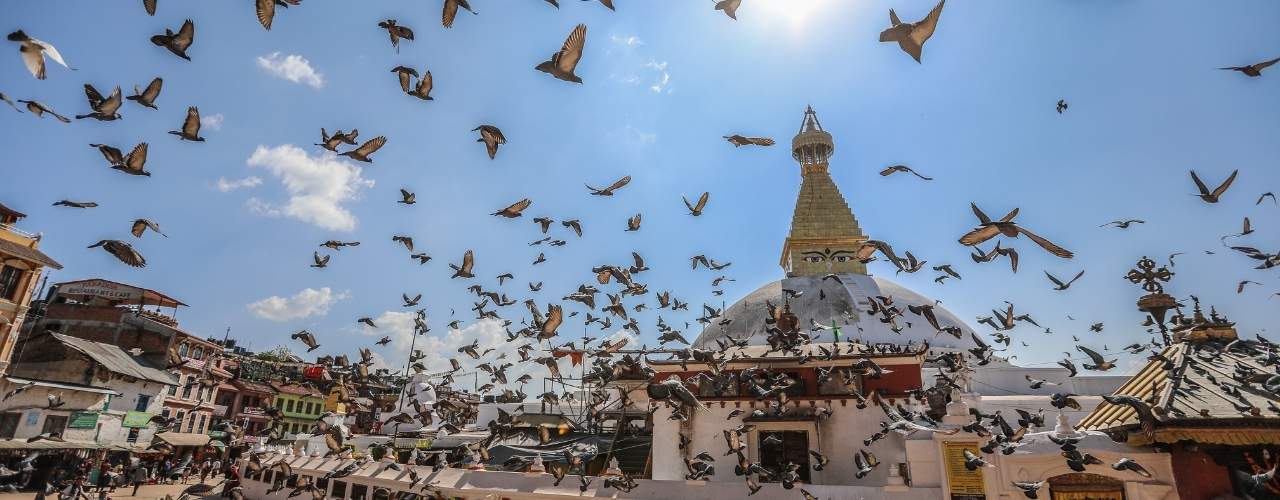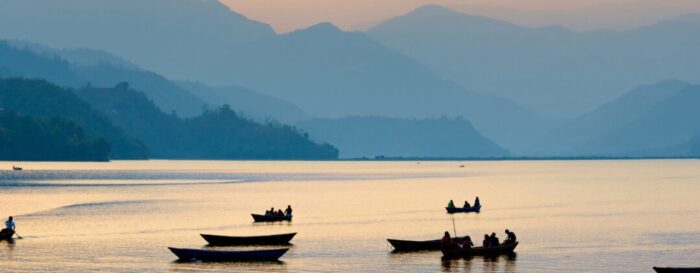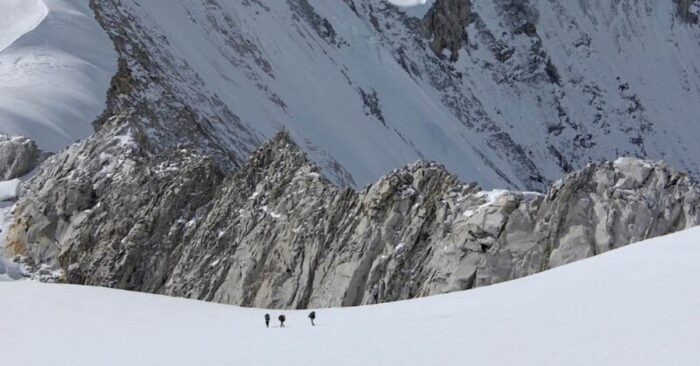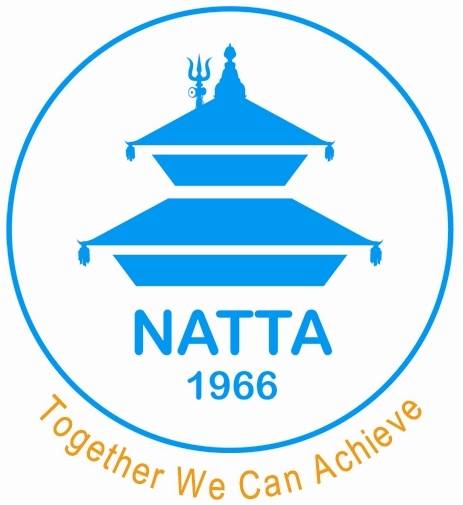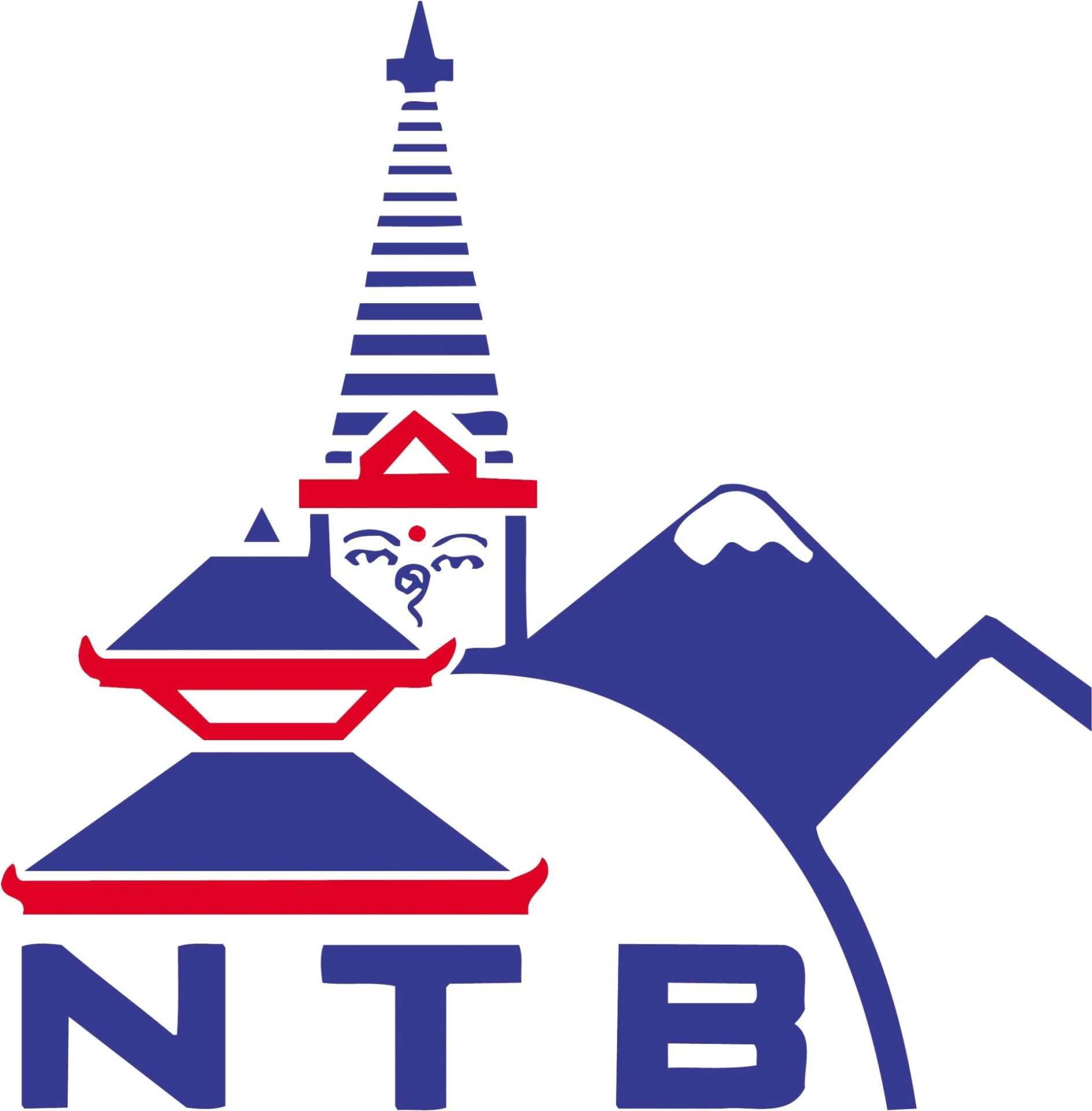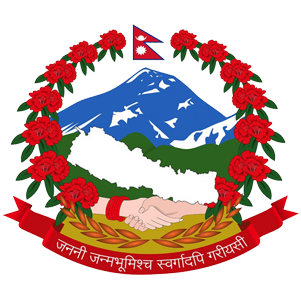Nepal Cultural Etiquette: Essential Do’s and Don’ts for Travelers
Nepal is a land of cultural heritage. Depart from beautiful landscapes and country is rich in its traditions and vibrant festivals too. As you plan for your journey to Nepal, understanding and being prepared for the local customs will help you with your experience.
This a short guide of Do’s and Don’ts of Nepalese cultural etiquette.
Do’s in Nepal
- Greet with Namaste
Namaste means “I salute the god within you”. your palms held together as if praying and slightly bowing your head, is one of the most attractive and addictive of Nepalese customs. If you want to show great respect, ‘Namaskar’ is a more formal or subservient variant. It is a customary way to say hello, hi, and goodbye.
- Remove shoes before entering
In Nepali culture, you have to remove your shoes before entering homes, temples, and other religious sites. It is a practice and a sign of respect and cleanliness.
- Use of Both hands
Objects should be passed, offered and received with the right hand only or both hands together. This is considered to be polite and respectful. The left hand is considered ‘unclean’ or ‘impure’.
- Respect religious sites
Major Hindu temples or their innermost sanctums are usually off-limits to nonbelievers, who are a possible cause of ritual pollution. Where you are allowed in, be respectful, take your shoes off before entering, and don’t take photos unless you’ve asked permission.
- Dress Modestly
Nepalese are innately conservative in their attitudes to clothing, and it is worth knowing how you may come across. Especially in temples and monasteries. Men should always wear a shirt in public, and long trousers if possible (shorts are fine on well-used trekking trails). For women in villages, a sari or skirt that hangs to mid-calf level is traditional, though trousers are acceptable these days.
- Accept hospitality
If invited for a meal in a private home, you can bring fruit or sweets, but don’t expect thanks as gifts tend to be received without any fuss. When the food is served you may be expected to eat first, so you won’t be able to follow your host’s lead. Take less than you can eat – asking for seconds is the best compliment you can give.
- Respect local customs
You are most welcome to participate in local customs and festivals. You will tend to share the energy and enthusiasm of the local people. Learn the Nepali word, “dhanyawad” (thank you), this shows respect.
Don’ts in Nepal
- Avoid public displays of affection
Male friends will often hold hands in public, but not lovers of the opposite sex. Couples who cuddle or kiss in public will at best draw unwelcome attention. Handshaking has increased, but not all women will feel comfortable to shake a man’s hand. Keep physical affection private.
- Don’t touch heads
In Nepal, the forehead is regarded as the most sacred part of the body and it’s impolite to touch an adult Nepalese’s head. Do not take another person’s hat (Topi) off their head, even playfully. It is rude to touch other people’s heads.
- Don’t show the soles of the shoes
The feet are the most unclean part, so don’t put yours on chairs or tables, and when sitting, try not to point the soles of your feet at anyone. Sit cross-legged or with your feet flat on the ground.
- Don’t point with a finger
Pointing something or someone with a single finger is considered to be impolite. You should use your whole hand to gesture.
- Avoid stepping over offerings and study materials
Be careful not to step over the small offerings to deities in temples or streets. Education is highly prized, so avoid touching or kicking books, stationery, paper, or other reading and writing materials with your feet. This is considered an insult to Saraswati (the goddess of education).
- Don’t enter temples with leather
Leather is usually not allowed on temple premises. Try not to touch offerings or shrines as cows are sacred in Hinduism. Keep your leather bags, wallets, and bags outside.
Visiting Nepal is a journey into a world of deep-rooted traditions and warm hospitality. By respecting local customs and etiquette, you not only enrich your travel experience but also build meaningful connections with the local community.
Happy travels, and Namaste!
At Trekker Trails, we are committed to ensuring your journey is both respectful and memorable. Contact us for more tips and personalized travel experiences in Nepal.

